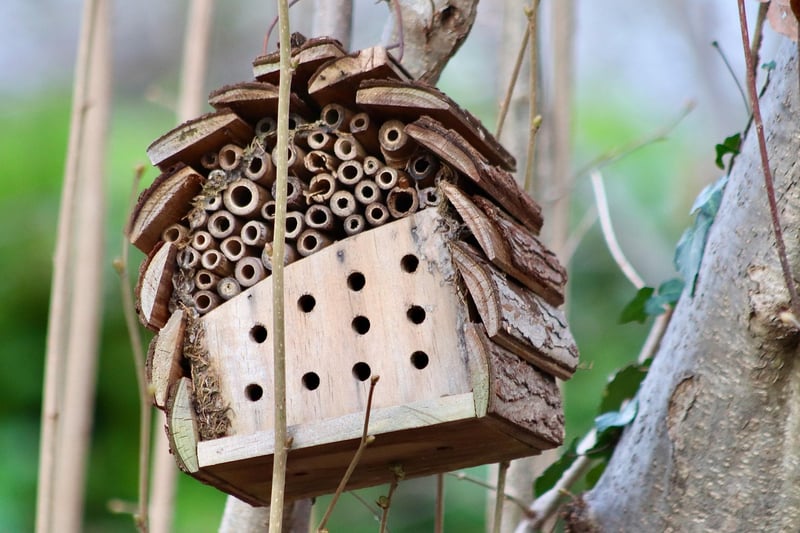Repellent Plants
Protect Your Garden Naturally with Repellent Plants
Welcome to the ultimate guide on how to protect your garden naturally using repellent plants. By incorporating these plants into your garden, you can deter pests and insects without the need for harmful chemicals. Not only do these plants keep unwanted visitors at bay, but they also add beauty and fragrance to your outdoor space. Let's explore some of the best repellent plants that you can easily grow in your garden.
Lavender

Lavender is not only loved for its soothing scent but also for its ability to repel mosquitoes, flies, and moths. Planting lavender around your garden or near entryways can help keep these pests away.
Marigolds

Marigolds are known for their bright orange and yellow blooms, but they also serve as natural insect repellents. These colorful flowers can deter aphids, mosquitoes, and even rabbits.
Peppermint

Peppermint is a versatile herb that not only adds flavor to your dishes but also repels ants, spiders, and rodents. Planting peppermint around your garden can help keep these pests at bay.
Chrysanthemums

Chrysanthemums contain a natural insecticide called pyrethrin, making them an effective repellent against a wide range of insects, including ants, roaches, and ticks.
Lemon Balm

Lemon balm not only has a refreshing citrus scent but also repels mosquitoes and other insects. Planting lemon balm in pots around your garden can help create a natural barrier against pests.
By incorporating these repellent plants into your garden, you can protect your plants naturally while adding beauty and fragrance to your outdoor space. Say goodbye to harmful chemicals and hello to a pest-free garden!
Remember to regularly water and care for your plants to ensure they thrive and continue to repel pests effectively. Happy gardening!
